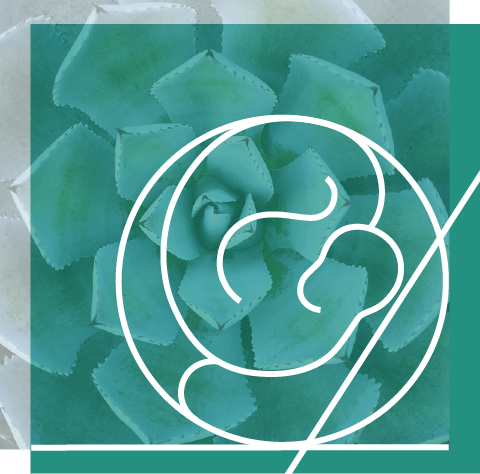After giving birth, your body needs time to recover. Here you can read what to expect and how to support yourself and your baby in the first weeks.
Breastfeeding and engorgement
In the first days after giving birth, it is important to breastfeed your baby every three hours, especially to prevent engorgement. Around day 3 or 4, you may notice that your breasts are tense and sensitive due to engorgement. Keep putting your baby on regularly so that your breasts are well drained. For sensitive nipples or breasts, ask the maternity nurse for tips. A lactation consultant can also give valuable advice, even after the maternity period.
If you are not breastfeeding, the congestion will subside on its own. A firm bra can help with this, and you can cool your breasts to relieve the pain. If necessary, you can use paracetamol in case of pain or temperature increase.
Blood loss and aftereffects
In the first weeks after giving birth, you will still lose blood. This is normal and similar to a heavy period, but it will subside after a few days. You may also experience aftereffects, which cause your uterus to shrink again. If the pain is too intense, you may take paracetamol for this.
Recovery from sutures
Do you have stitches? These usually dissolve on their own. You can support recovery by rinsing the wound well and letting it dry regularly. If the wound is swollen or blue, you can cool it or use Arnica D6. Are you still bothered after six days? Then let us remove the stitches, this may provide immediate relief.
General physical recovery
You may feel exhausted in the first few days and perhaps have muscle aches or discomforts from giving birth. Give yourself time to recover. Rest and support from your environment are important here.
Your baby's weight
It is normal for your baby to lose some weight in the first days after birth. This is no cause for concern. Usually, babies return to their birth weight within one to two weeks.
Cramps
Your baby's gastrointestinal tract needs to get used to food, which can cause cramps. Here are a few tips to help your baby:
- Lay your baby on its tummy over your arm and rock gently back and forth.
- Gently massage the tummy in a circular motion.
- Make sure your baby burps quietly after feeding.
This period demands a lot from you and your baby, but with the right care and attention you will find that you feel better and better together. Do you have questions or concerns? We are always ready to help.
Wat handige pagina's met tips
Hyperbilirubinemia
Another common symptom in the maternity week is that the baby turns a little yellow. This is caused by the breakdown of haemoglobin (protein in red blood cells). Up to a certain limit, this is normal. Both the maternity nurse and the midwife keep an eye on whether the yellowness does not get too bad. If necessary, a little blood may be taken from the baby to check that the values in the blood are not too high.
Postpartum tears
In the maternity week, you may feel emotional. Your hormones are out of balance and a lot has happened. Especially after your first child, your life is suddenly turned upside down. It is normal if you feel uncertain or doubtful. The pink cloud is not immediately present for everyone, and that's okay.
The familiar maternity tears often come between day 4 and 10 after giving birth. You may feel sad or overwhelmed, but this usually disappears on its own. Give yourself and your family time to find a rhythm and feel more confident.
Limit maternity visits in the first week. Visits consume energy that is better spent on recovery and sleep. Talk to your partner about how you feel. Together you can process this new phase.
The birth of a baby is a big change. Do you feel gloomy or uncertain for a long time? Feel free to contact us or your GP. You don't have to do it alone.
